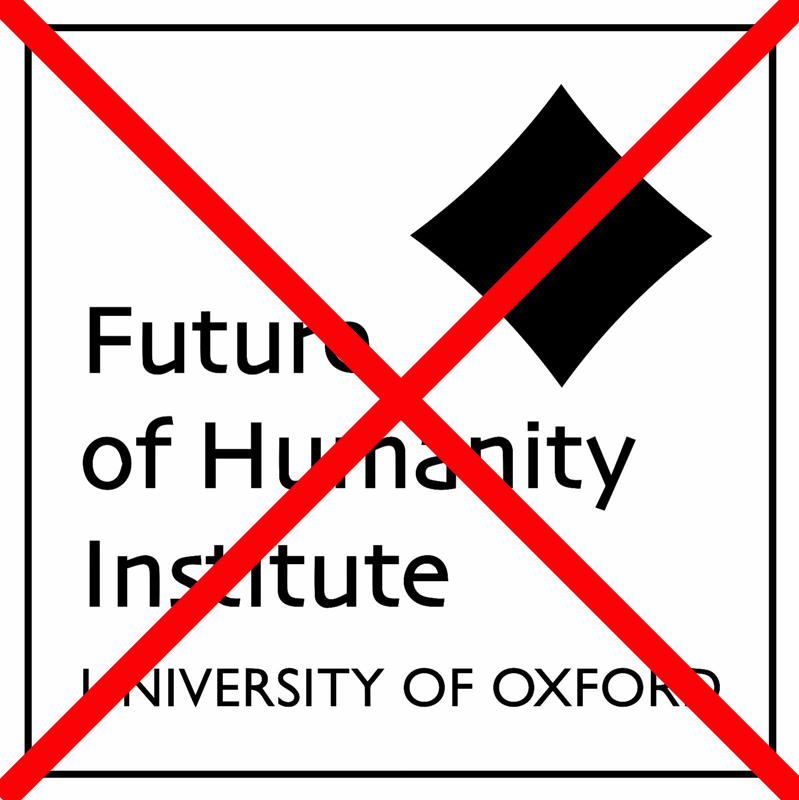Aggregated News

Two weeks ago it was quietly announced that the Future of Humanity Institute, the renowned multidisciplinary research centre in Oxford, no longer had a future. It shut down without warning on 16 April. Initially there was just a brief statement on its website stating it had closed and that its research may continue elsewhere within and outside the university.
The institute, which was dedicated to studying existential risks to humanity, was founded in 2005 by the Swedish-born philosopher Nick Bostrom and quickly made a name for itself beyond academic circles – particularly in Silicon Valley, where a number of tech billionaires sang its praises and provided financial support.
Bostrom is perhaps best known for his bestselling 2014 book Superintelligence, which warned of the existential dangers of artificial intelligence, but he also gained widespread recognition for his 2003 academic paper “Are You Living in a Computer Simulation?”. The paper argued that over time humans were likely to develop the ability to make simulations that were indistinguishable from reality, and if this was the case, it was possible that it...



